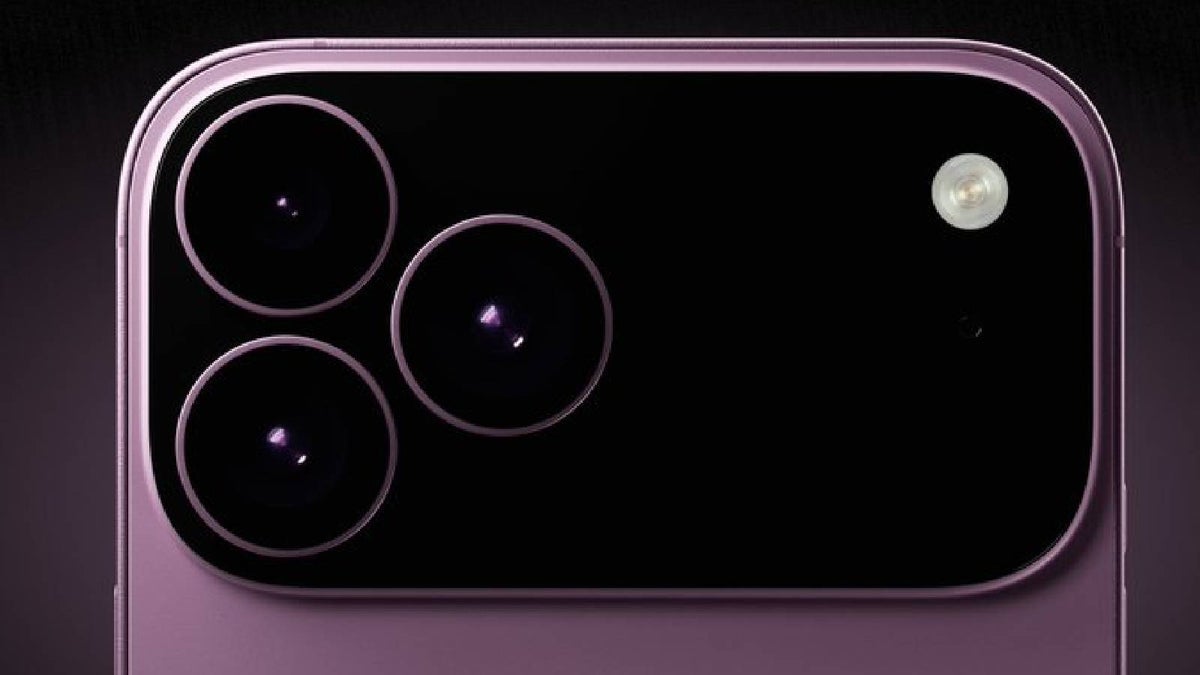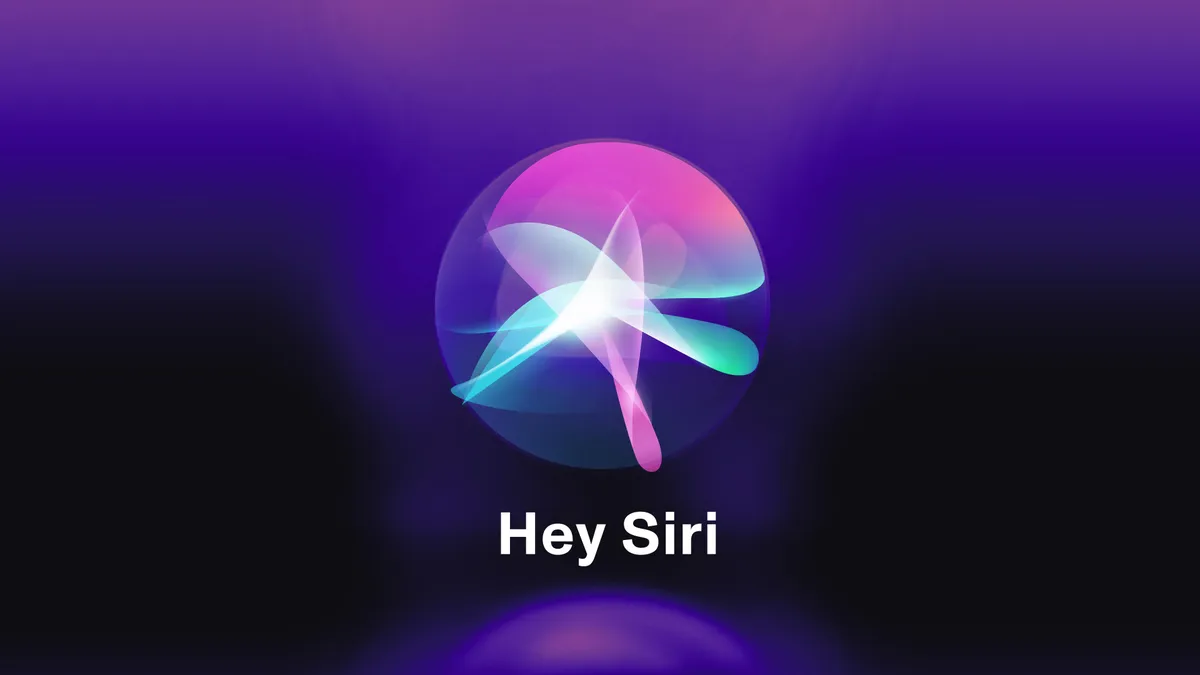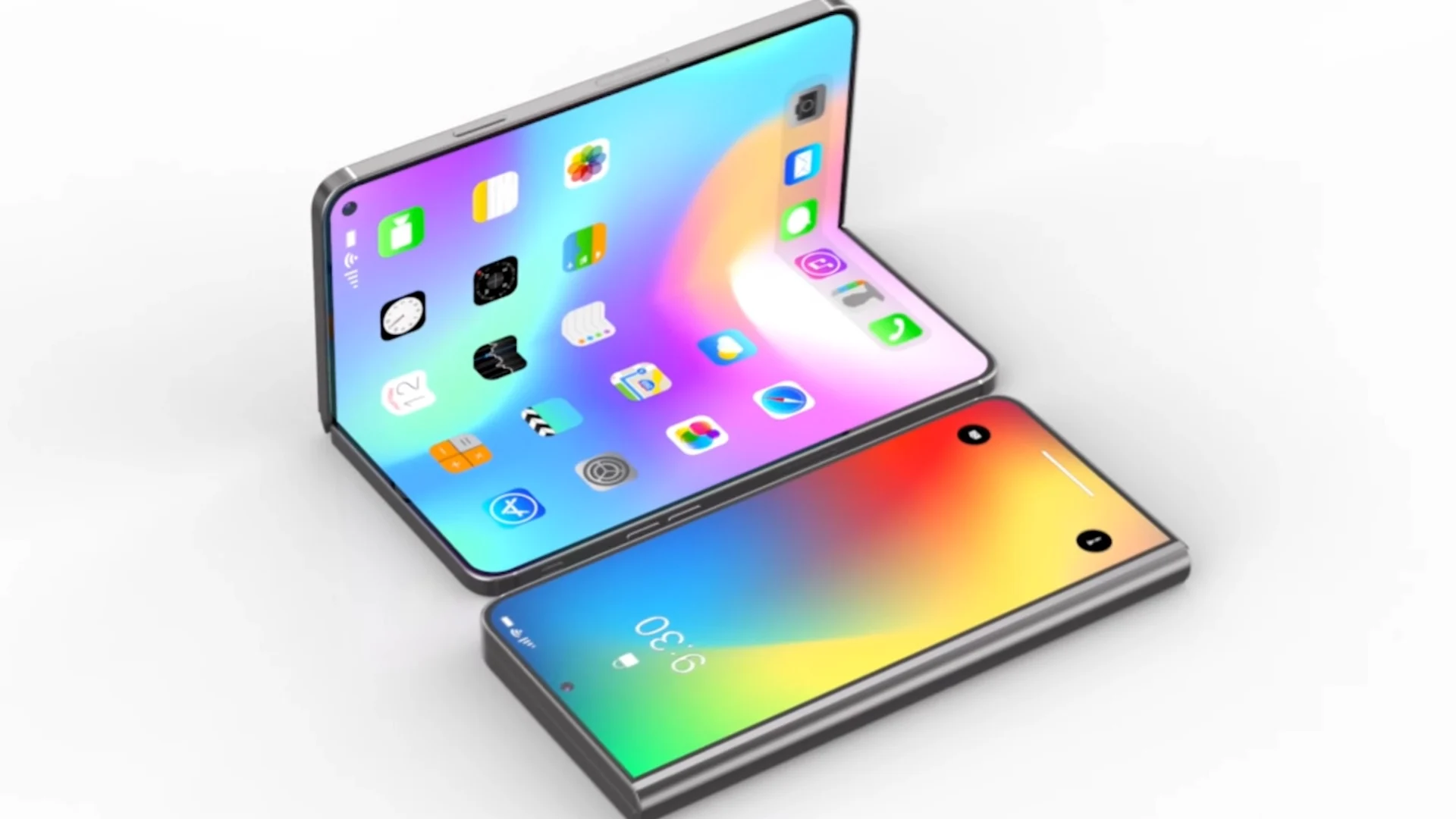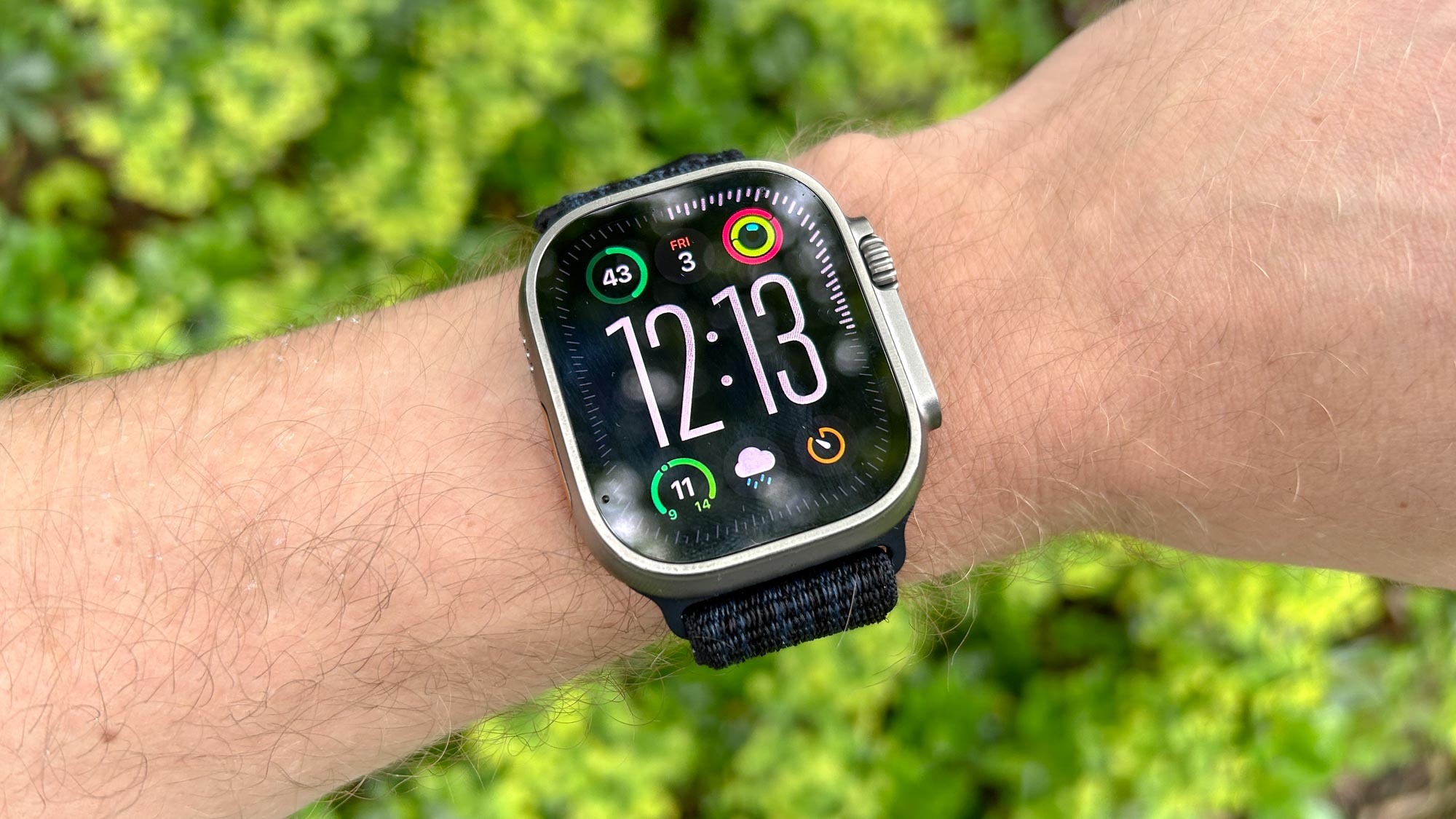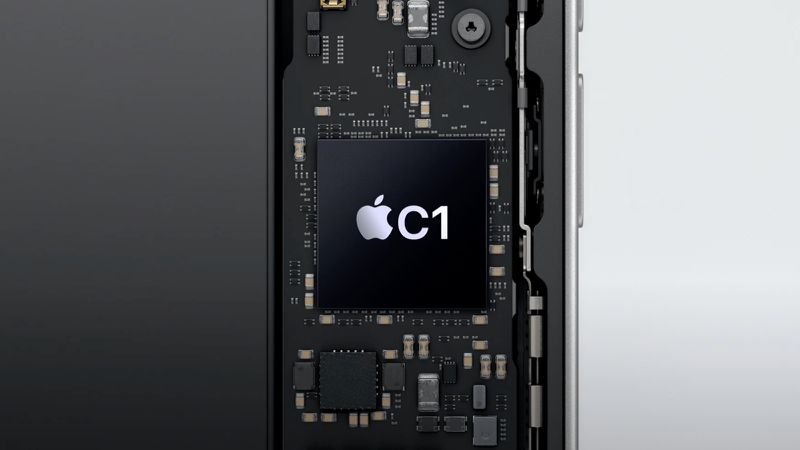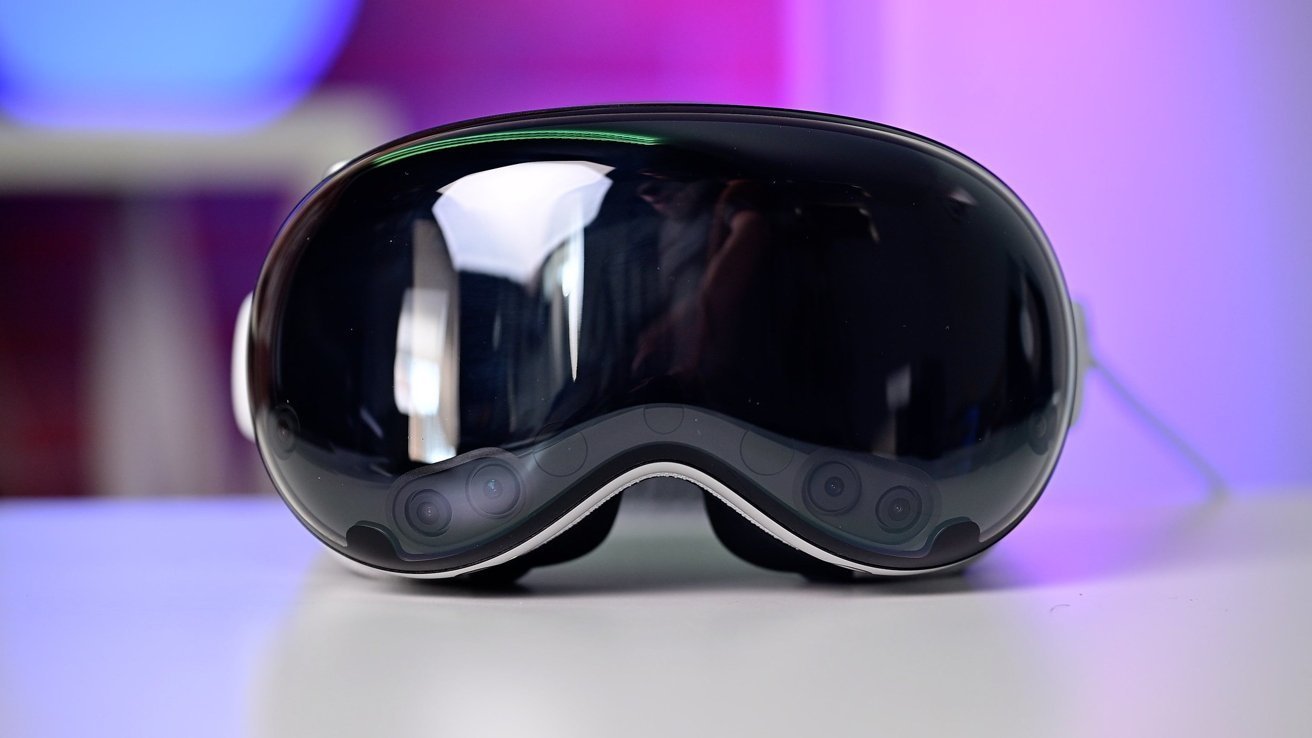Apple is expected to give the iPhone 17 Pro a new look for its camera system. According to a report from analyst Jeff Pu, the Pro model could have a redesigned camera bar on the back, replacing the usual camera bump. This change would make it easier to fit in the new technology that Apple plans to use in 2025.
One of the biggest upgrades could be a new “metalens” used for the Face ID system. This lens is smaller and thinner than the current plastic ones and could help Apple make the front camera area more compact. The same technology might be added to the rear cameras by 2027.
The new camera layout may also include a special anti-reflective coating on the lenses. This would help reduce glare and improve photo quality by cutting down on unwanted reflections.
The regular iPhone 17 is also rumored to get some design updates, but the Pro model seems to be getting the most attention when it comes to camera changes. Apple usually saves the bigger upgrades for its Pro line, and this might be the case again in 2025.
These changes are still in development, so nothing is confirmed yet. But if true, the iPhone 17 Pro could offer a cleaner design and better camera performance.
